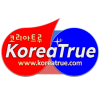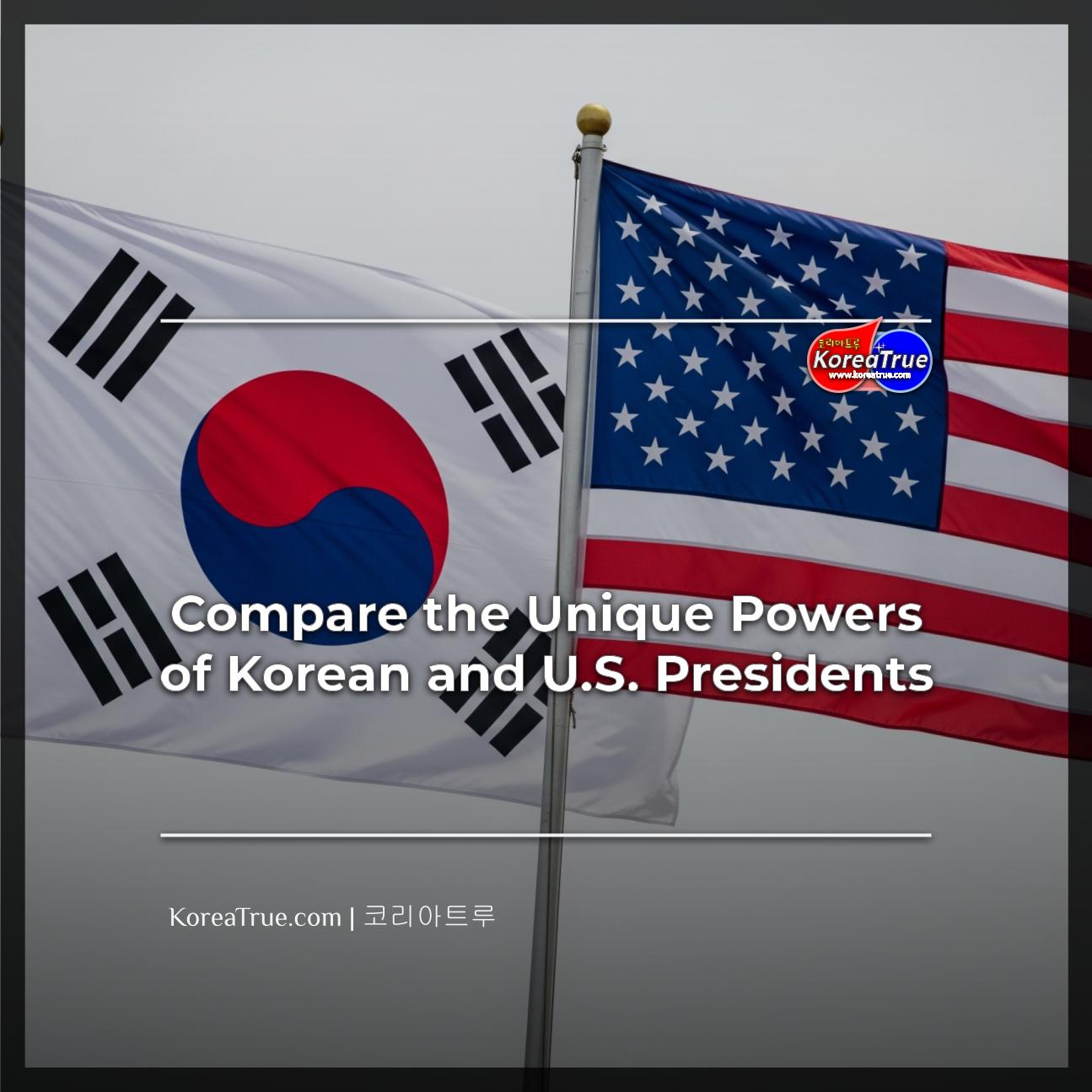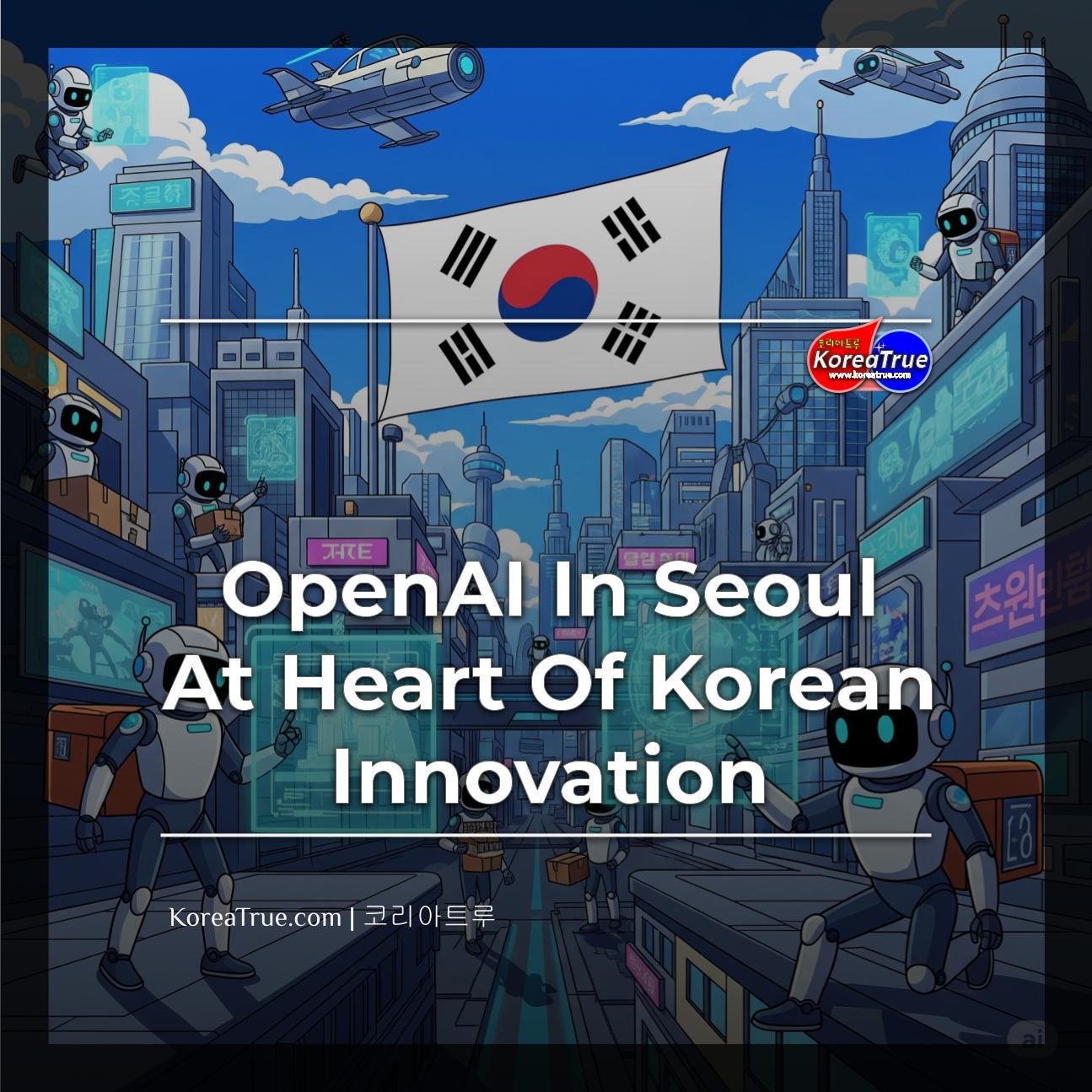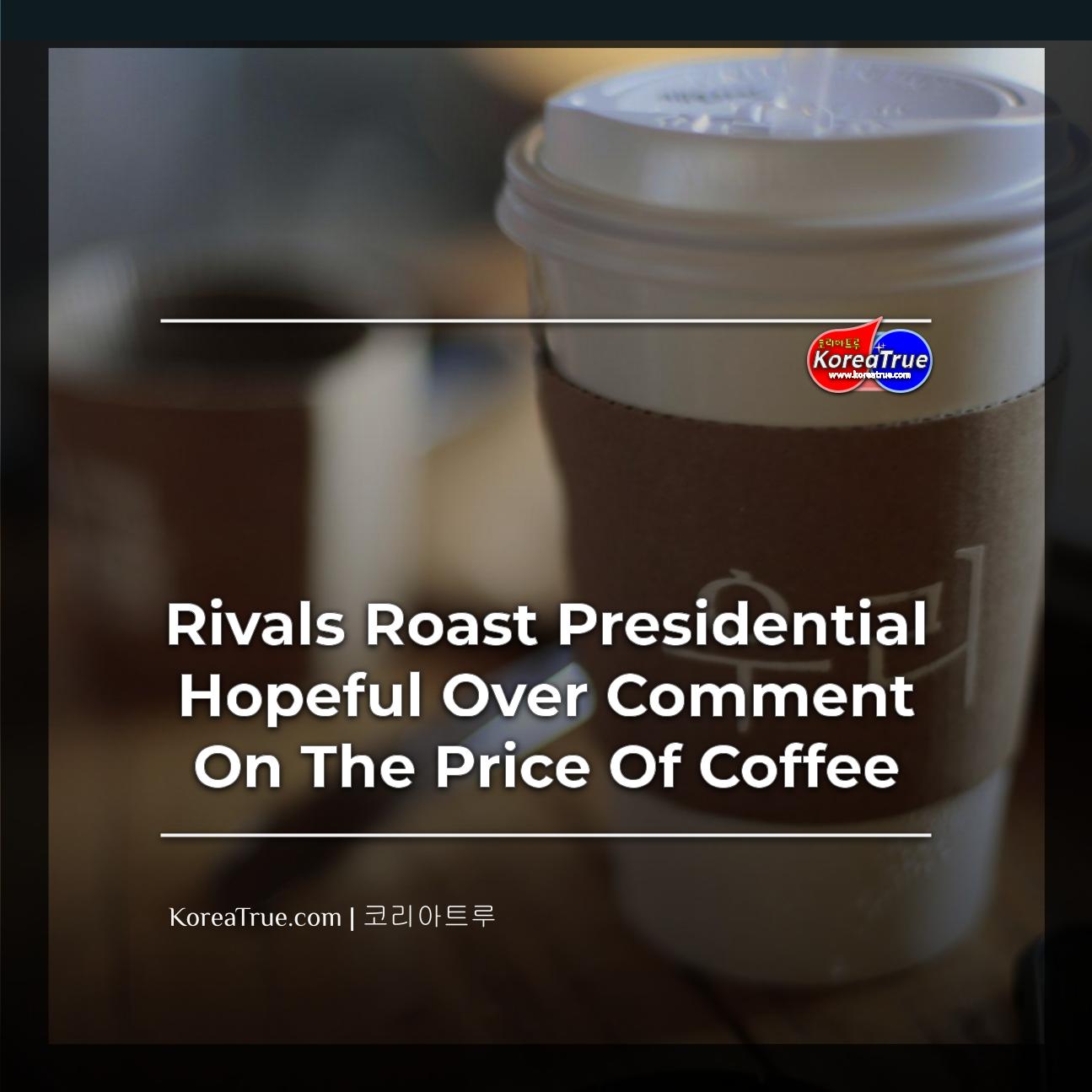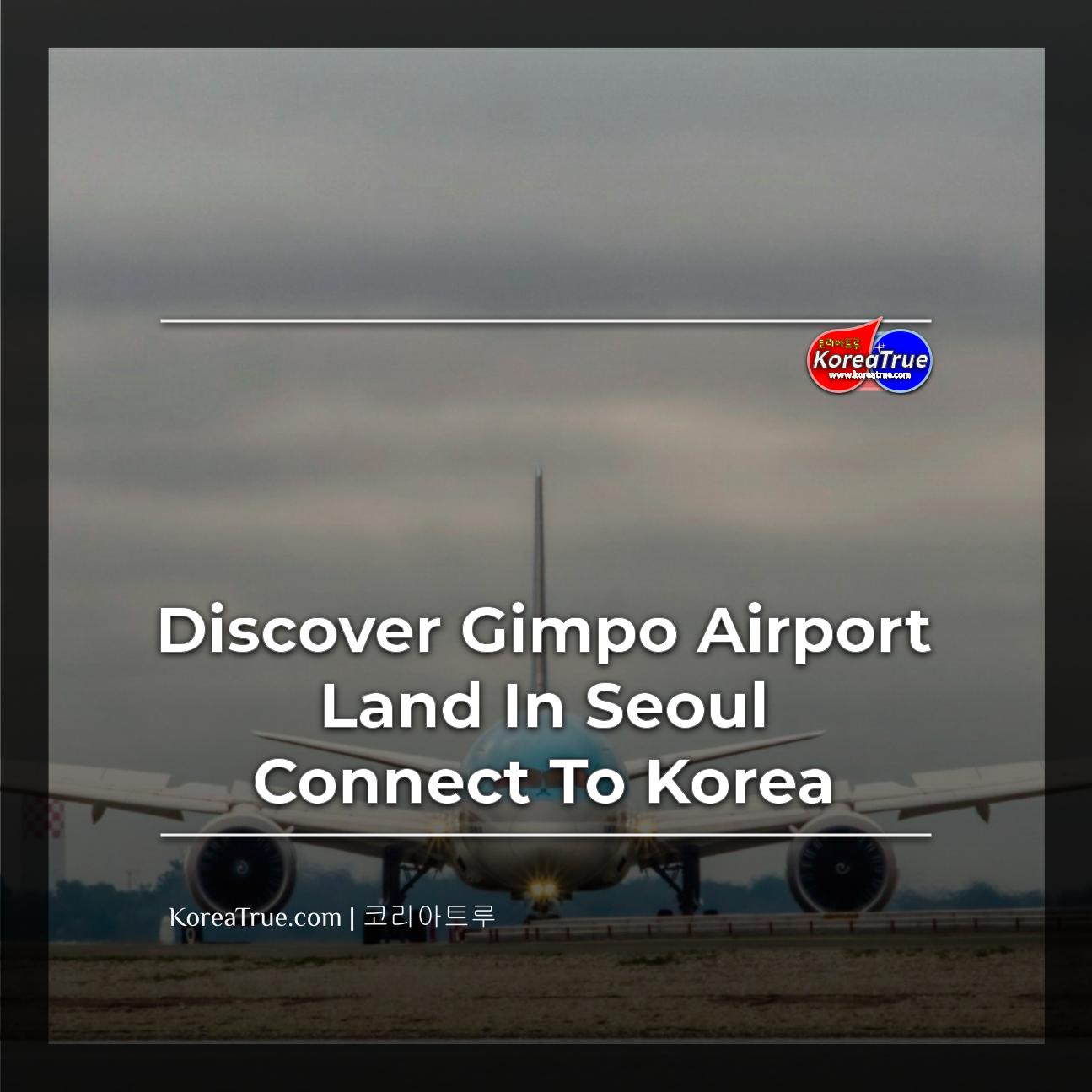SEOUL, SOUTH KOREA – Lee Jae-Myung (이재명), a prominent figure in South Korean politics and the candidate for the liberal Democratic Party, is at the forefront of the upcoming presidential election, driven by recent political upheaval and ongoing controversies. His political journey from humble beginnings to the cusp of the presidency has drawn significant international attention from outlets like the BBC.
Key Facts:
- Presidential Frontrunner: Lee Jae-Myung is the leading candidate for the upcoming South Korean presidential election on June 3, following the impeachment of former President Yoon Suk Yeol.
- Controversial Career: Lee’s career has been marked by a “rags-to-riches” narrative, a populist style, and a series of legal battles and controversies, including corruption allegations and an assassination attempt.
- Shifting Political Landscape: His current prominence is largely attributed to the political fallout from the recent martial law declaration by the former president, which Lee actively opposed.
Lee’s ascent to his current position as the Democratic Party’s presidential candidate and the frontrunner in the polls follows a dramatic period in South Korean politics. After narrowly losing the 2022 election, Lee has been a vocal opponent of the conservative People Power Party and its former leader.
Legal Battles and Public Scrutiny

Lee Jae-Myung has faced numerous legal challenges throughout his political career. These include allegations of corruption related to a land development project and charges of making false statements during his 2022 presidential campaign. While he denies any wrongdoing, asserting the charges are politically motivated, these cases continue to be a significant point of contention. His legal proceedings have seen acquittals overturned and retrials ordered, with some proceedings postponed until after the upcoming election. If elected, presidential immunity would likely suspend these proceedings until after his single five-year term concludes.
How do these ongoing legal issues impact public perception and voter trust, both domestically and internationally?
From Factory Worker to Political Force
Lee’s personal story is a compelling narrative of overcoming adversity. Having worked in a sweatshop as a young man, he later pursued law and became a human rights lawyer before entering politics. His rise from poverty has resonated with working-class voters and those who feel disenfranchised by the political elite. He previously served as mayor of Seongnam, where he implemented welfare policies, and later as governor of Gyeonggi Province, the country’s most populous region. During his time as governor, he gained recognition for his response to the COVID-19 pandemic, advocating for universal relief grants.
What impact do his populist policies and anti-establishment stance have on the traditional political structure of South Korea?
The Martial Law Catalyst and Political Polarization
A pivotal moment in Lee’s current presidential bid was the attempted declaration of martial law by former President Yoon Suk Yeol in December. Lee quickly responded, livestreaming his actions and urging public protest, ultimately playing a key role in the National Assembly’s vote to annul the decree. This event significantly reshaped the political landscape and propelled Lee into a stronger position.
However, the political climate in South Korea remains deeply polarized. Lee himself was the target of an assassination attempt in January 2024, highlighting the intensity of political divisions. The assailant, who intended to prevent Lee from becoming president, was later sentenced to 15 years in prison. Lee now campaigns with heightened security, including bulletproof glass and vests.
How will the deep political divisions and recent events influence the upcoming election’s outcome and the future stability of South Korean democracy?
International Attention and Future Prospects
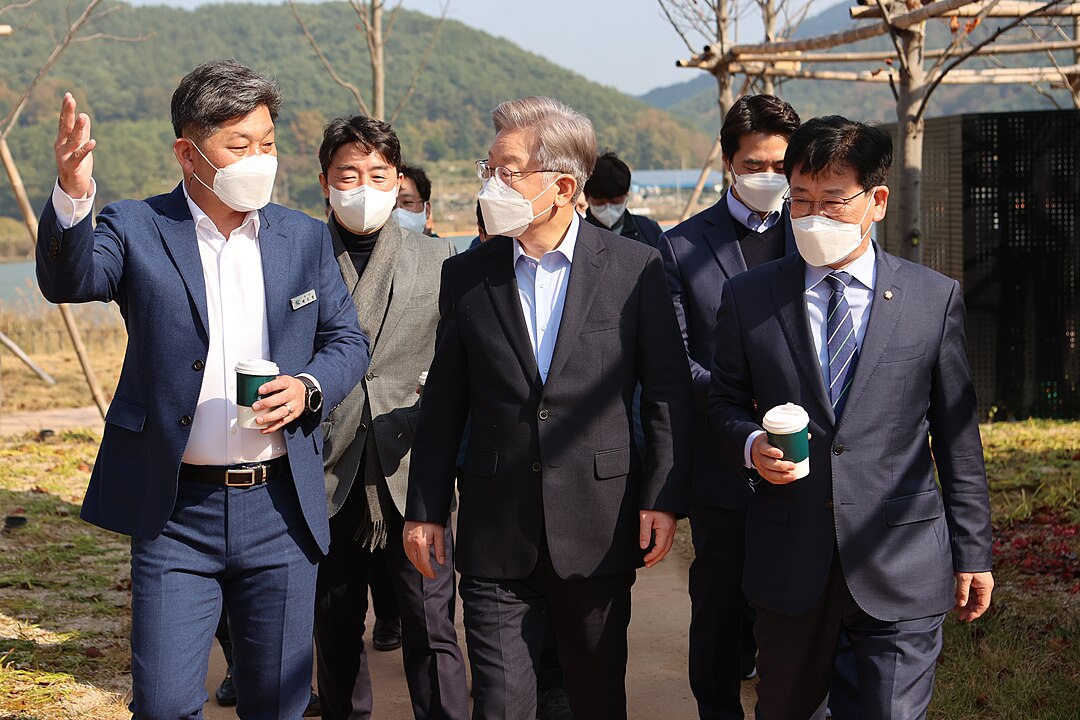
Lee Jae-Myung’s prominence is not confined to South Korea. Major international news organizations, including the BBC, have extensively covered his political journey and the current election. His policy stances, which include calls for greater economic equality and improved ties with North Korea, are of interest to global observers. Lee has also emphasized the importance of a robust alliance with the United States and cooperation with Japan, while prioritizing South Korea’s national interests.
With the election scheduled for June 3, 2025, the world watches as South Korea navigates a crucial period in its political history, with Lee Jae-Myung at its center
